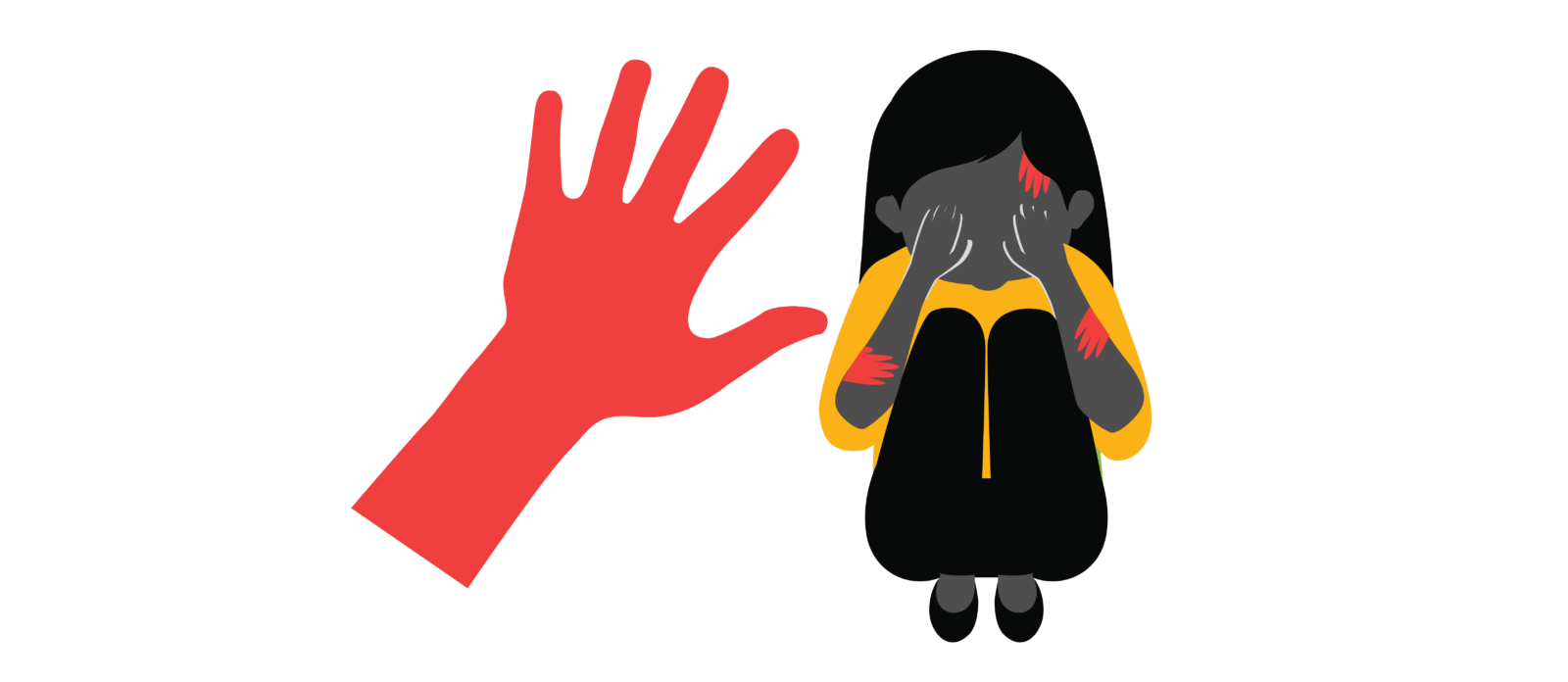Domestic violence is a pervasive issue in India, and its impact on young girls is often overlooked. From childhood to adolescence, many girls in India face violence and abuse within their own homes—an environment that should ideally be a place of safety and love. The forms of abuse can vary—physical, emotional, psychological, or even sexual—but the effects on a girl’s mental health, development, and future are always deeply damaging.
The Hidden Reality
Domestic violence against girls is not just about the occasional outburst or physical punishment. It’s a constant threat that shadows their everyday lives, often invisible to the outside world. In many families, girls grow up witnessing or experiencing abuse, whether it’s from a father, an older brother, or another relative. These young girls learn early on that their voices don’t matter, that they must endure, and that their worth is often tied to their ability to “keep the peace” in the household.
Psychological and Emotional Toll
The emotional scars of domestic violence can be just as destructive as physical wounds. Fear, anxiety, and helplessness often become a constant companion. Many girls feel trapped in their homes, unable to seek help because of cultural stigma, fear of shame, or simply a lack of awareness about their rights. The pressure to stay silent is immense—if they speak out, they risk being blamed or ostracized. This leaves many girls to silently bear the weight of trauma, often for years.
Impact on Education and Development
One of the most heartbreaking effects of domestic violence is its impact on education. Girls who face violence at home are less likely to attend school regularly, let alone excel. They may suffer from low self-esteem, depression, or anxiety, all of which hinder their ability to focus or engage in their studies. In some cases, the trauma from domestic violence leads to dropping out of school altogether, limiting their future opportunities and reinforcing a cycle of poverty and dependency.
The Cycle of Violence
A disturbing truth is that domestic violence often perpetuates itself. Girls who experience violence in childhood are more likely to face or perpetuate abuse as adults. Without intervention, they may come to believe that violence is a normal part of life, and this can influence the way they view relationships in the future. Moreover, girls who experience abuse may have a harder time forming healthy relationships, as their understanding of love, respect, and communication may be distorted by the violence they witnessed or endured.
A Call for Change
Addressing domestic violence against girls in India requires a multifaceted approach. First and foremost, there needs to be greater awareness and education—both within communities and at a national level—about the rights of girls and the harms of violence. It is also critical to empower girls to speak out, offering them safe spaces to do so without fear of retribution. Schools, families, and communities must work together to create an environment where girls feel safe, valued, and supported.
Ending domestic violence against girls in India isn’t just about passing laws; it’s about changing the culture that allows such violence to continue in silence. It’s about shifting societal attitudes that normalize abuse and empowering girls to claim their voices. Only when every girl is free from fear, both at home and beyond, can India truly build a society of equality, justice, and opportunity for all.





